My son was born with a head full of hair that turned into ringlets within months and over time morphed into beautiful, soft, shiny spirals. I have thick curly hair, so I assumed caring for my curly kiddo's locks, would be a cinch. But, being so young, my son's hair is fine, and there was definitely a learning curve. Here are some of the tips and tricks I've learned.
Read more ¿Qué más?: The 5 best organic curly hair products
Image via Thinkstock
Tools: Tangle Teezer
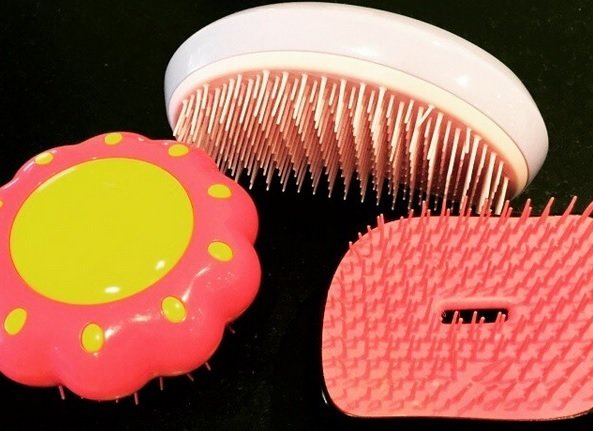
As my son's hair grew longer and his curls tighter, detangling became a massive chore and both of us began to lose our patience. Once we discovered the Tangle Teezer hair brush, things improved drastically. This molded plastic brush cut down the time it took to detangle by about half and resulted in a lot fewer tears–from both of us. Even Salma Hayek swears by it for her little Valentina. Tangle Teezer, $11.47
Tools: Wide Tooth Combs
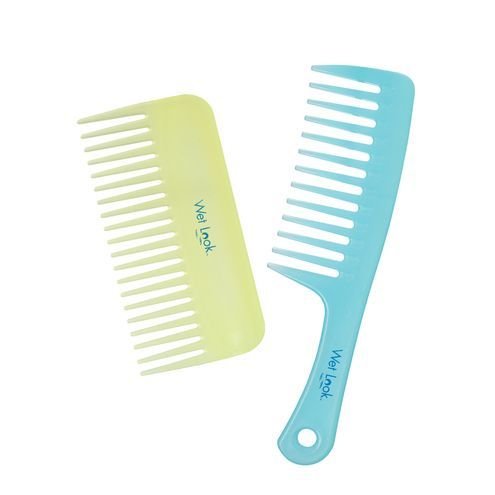
A wide-tooth comb is a must in any curly hair arsenal. The Tangle Teezer is genius, but every once in a while the snarls can get out of control and you'll need reinforcements. Plus, wide-tooth combs are ideal for evenly distributing conditioner–arguably the most important part of any curly hair routine. Your child's hair is likely still on the fine side, so you may want to purchase two combs, one with slightly narrow gaps between the teeth and one with large gaps. Shower and Wide Tooth Comb Set, $3.49
Tools: Microfiber Towel
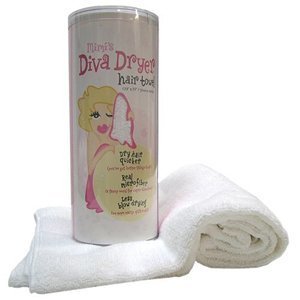
The texture of traditional towels creates causes friction between hair and the drying surface, resulting in frizz which can equal more tangles. The solution is to use a microfiber towel instead. The low-pile super-absorbent material dries hair well without lifting the cuticle and causing frizz. If you don't like the idea of buying a towel just for hair, an old cotton t-shirt works as well. And in a pinch, you can even use paper towels. Aquis Microfiber Hair Towel, $10
Products: Shampoo
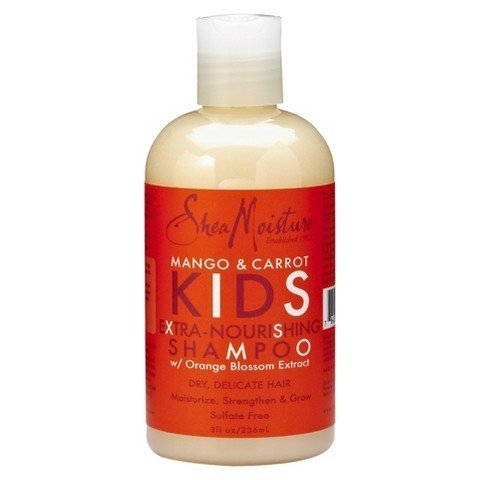
Depending on density and texture, you may not have to actually shampoo your child's hair very often. Curly hair needs the extra moisture from the natural oils that cause straighter hair to become greasy. You can get away with washing most curly hair once or twice a week–thicker, more coily hair types can even shampoo as little as once or twice a month. When you do shampoo, you should use a sulfate-free shampoo or a cleansing conditioner. Shea Moisture makes both, and I love their range of products for both my son and I. Though they do have a kids line, any of their other products are safe for children as well. Shea Moisture Kids Shampoo, $9.99
Products: Conditioner
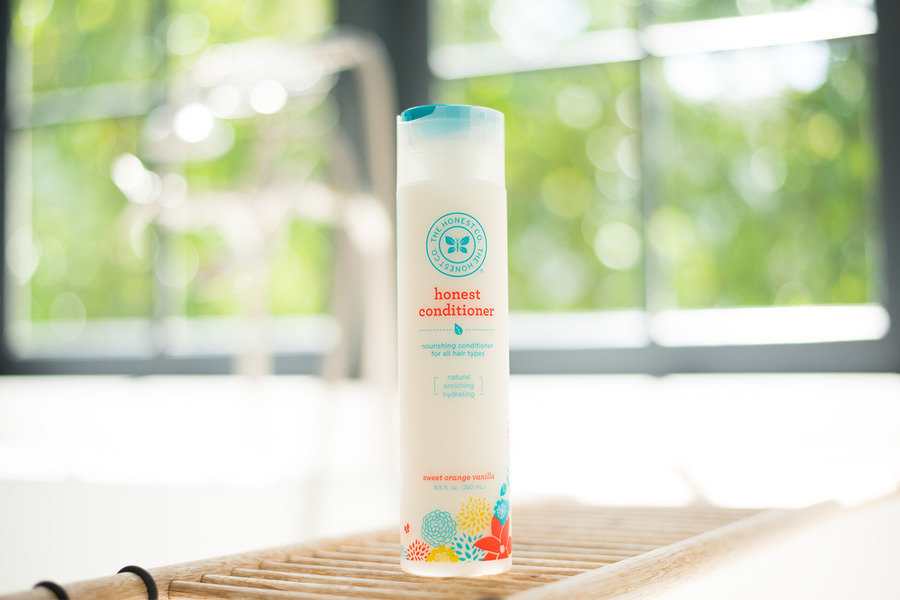
It's not easy to find hair conditioner specifically formulated for children, especially conditioner without harsh chemicals, dyes and fragrances. I typically use whatever silicone and paraben-free commercial conditioner I'm using for myself on my son's hair. Though gentle, these aren't usually tear-free, so you'll have to teach your child how to avoid getting it in her eyes. Honest Conditioner, $9.95
Products: Styler
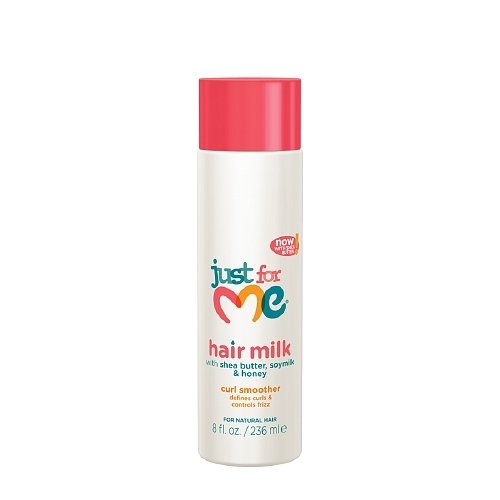
In general, I recommmend leave-in conditioners and curl creams as stylers for children. I avoid most gels as they can actually be drying and cause damage to virgin hair. For the most part, lighter hold products work very well for even for children with tight, dense curls. A good rule of thumb is the finer your child's hair (regardless of curl pattern) the thinner the product you use should be and the coarser your child's hair the thicker the product should be. But, I've also had success with watering down thicker products. Just For Me Hair Milk Curl Smoother, $5.09
Products: Oil
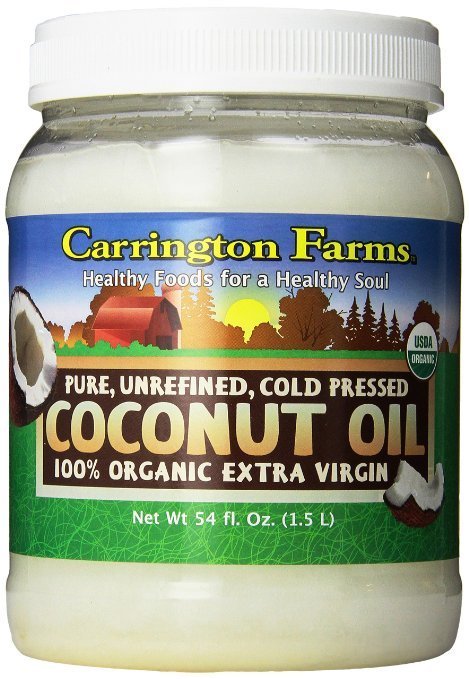
Another product to always have in your curly hair arsenal is a moisturizing and sealing oil. I'm particularly fond of unrefined virgin coconut oil, especially for kids because it is not as heavy as many others such as olive oil and jojoba oil. Plus, unlike some other oils, coconut oil can be used as a moisturizer as well as to seal in moisture from water and other products. You can use coconut oil as a deep conditioner or pre-shampoo treatment once a month or so on kids with finer hair or a sealant over other products whenever you style your child's thicker, coarser hair. Carrington Farms Coconut Oil, $20.88 for 54 ounces
Tips: Detangle in the Bath

Kids usually love bath time, especially when it involves lots of suds and toys. So a child who doesn't love sitting to get her hair detangled, may do a little better when these diversions are added to the mix. By detangling in the bath, you can get wash day and detangling out of the way in one fell swoop. Just be sure to make it a fun experience and be gentle. If you don't have time for a full on bath every time detangling is in order, there's no shame in utilizing a favorite TV show or YouTube videos.
Tips: Refresh those Curls
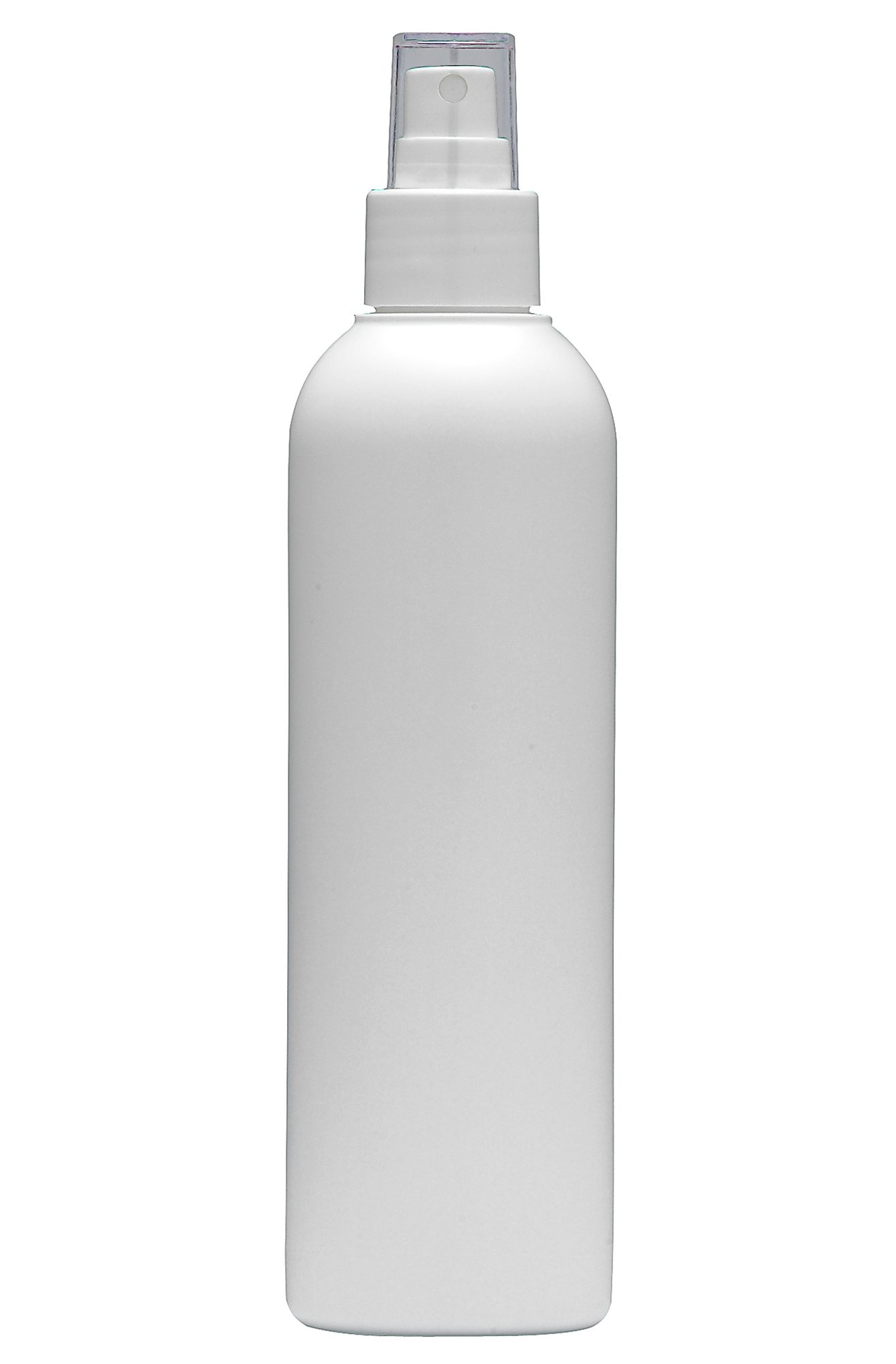
As I mentioned, most curly hair looks better and is healthier if you don't wash it every day, but that doesn't mean it doesn't need daily moisture to revive its bounce and shine. When my son's hair was shoulder length, I used a spray bottle of water mixed with about a teaspoon of our regular rinse out conditioner to refresh his curls with between washes before we went out for the day. If your child's hair is on the dry side, you could also add a bit of coconut oil to the bottle. This is also a good styling alternative for babies and toddlers who don't have much hair, but need a bit of moisture.
Tips: Protective Styles

I know it's tempting to let those gorgeous curls free every day, but it's best to save "out days" for once in a while and special occasions. Keeping your child's hair in braids, twists and buns, or at minimum a ponytail, will protect it's integrity from the elements as well as minimize tangling, keeping it healthier and stronger over time. Just be careful not to tie it to tightly, so that you don't cause breakage and/or hair loss at the scalp.




